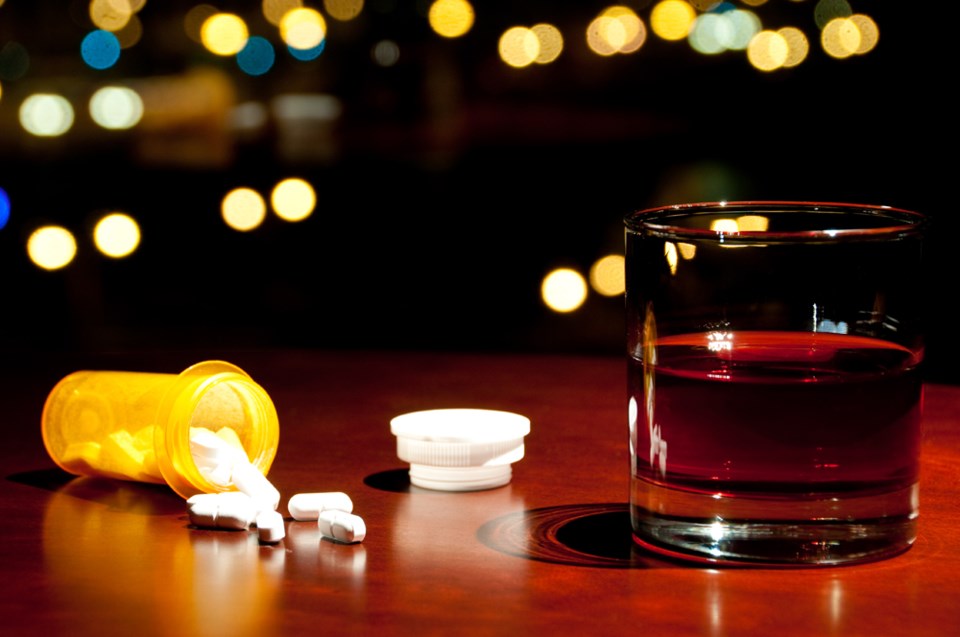Editor:
Re: Drug decriminalization takes effect in B.C. this week — here's what you need to know
I've suffered enough unrelenting ACE-related hyper-anxiety to have known, enjoyed and appreciated the great release upon consuming alcohol and/or THC. Yet I once was one of those who, while sympathetic, would look down on those who’d "allowed" themselves to become addicted to alcohol and/or illicit "hard" drugs.
Regardless, neglecting people dealing with debilitating drug addiction should never have been an acceptable or preferable political option. But the more callous politics that are typically involved with lacking addiction funding/services tend to reflect conservative electorate opposition, however irrational, against making proper treatment available to low- and no-income addicts.
Tragically and appallingly, it’s as though some people, however precious their souls, can be considered disposable.
Even to an otherwise relatively civilized nation, their worth(lessness) is measured basically by their sober "productivity" or lack thereof. Those people may then begin perceiving themselves as worthless and accordingly live their daily lives and consume their substances more haphazardly.
Sadly, many of the chronically addicted don't really care if they overdose and never wake up. It's not that they necessarily want to die; it's that they want their pointless corporeal hell to cease and desist.
Frank Sterle Jr.





